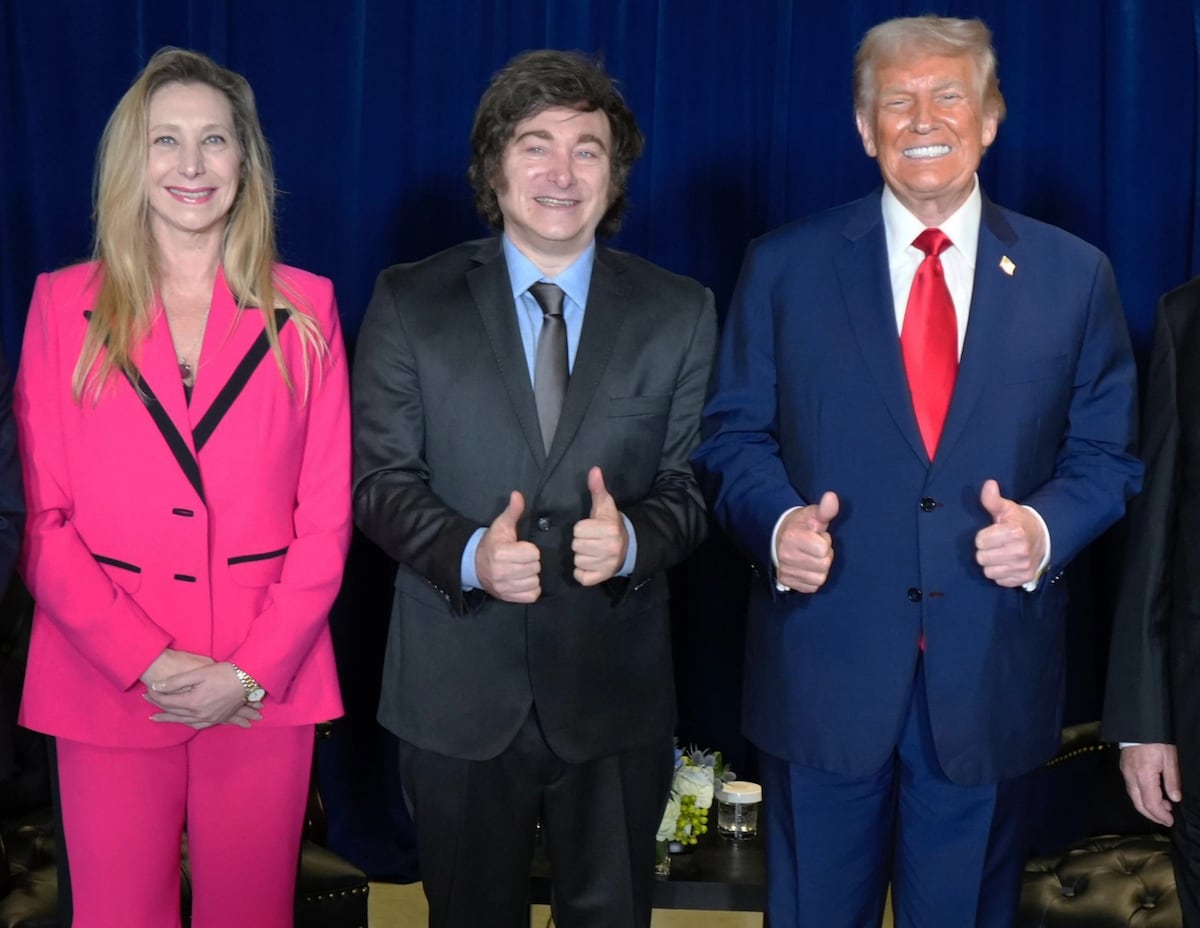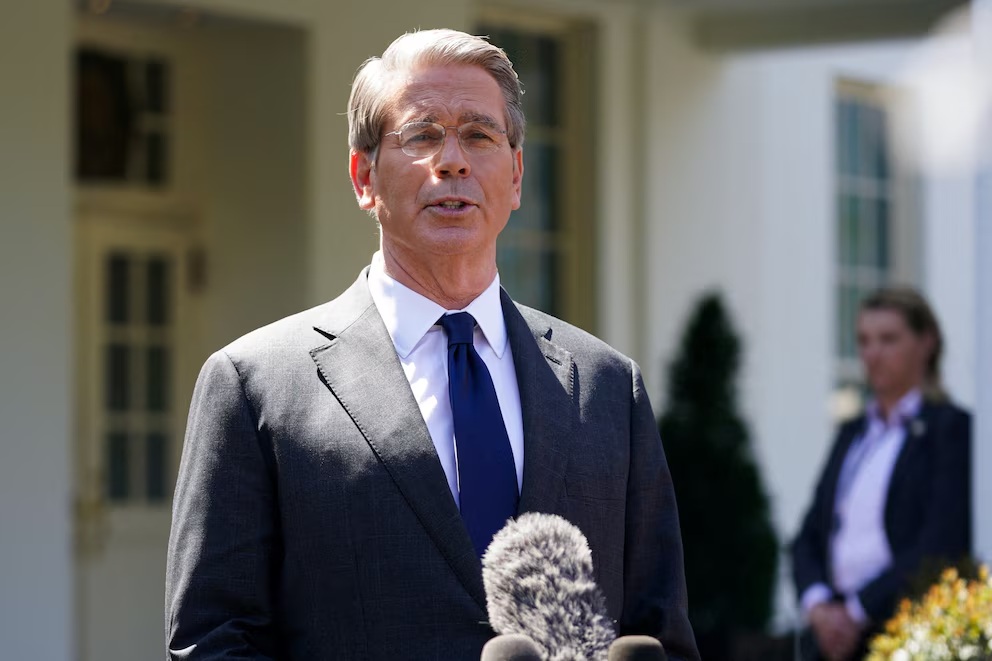Argentina's Bonds Waver as U.S. Support Signals Confuse Investors
A rally in Argentina's international dollar bonds faltered on Thursday following conflicting statements regarding U.S. financial support. Initially, comments suggesting upcoming in-person discussions to advance financial support for President Javier Milei's government boosted bond prices, but gains were erased after U.S. Treasury Secretary Scott Bessent clarified that the U.S. is "not putting money into Argentina."
Milei's Reform Agenda and U.S. Negotiations
Milei, known for his aggressive reforms and popularity within the Trump administration, had previously indicated that negotiations with the U.S. involved secondary market bond purchases and "profit-sharing." Bessent had also suggested potential negotiations for a $20 billion swap line with Argentina's central bank, signaling U.S. readiness to support the South American nation. The bond market's reaction underscores the sensitivity to perceived shifts in U.S. policy.
Market Volatility and Peso Performance
The 2030 maturity bond traded largely flat by 1400 GMT, after an earlier rise. Year-to-date, Argentina's bonds are down 15%, contrasting sharply with a 100% rise in 2024. The peso has depreciated by almost 30% against the dollar this year, despite government interventions in the spot market and existing FX controls. Analysts anticipate further devaluation following the October 26 midterm election.
IMF's Perspective and Market Testing of U.S. Resolve
The IMF, a strong supporter of Milei's economic reforms, emphasized the need for Argentina to commit to a fiscal anchor, consistent monetary policy, and a stable foreign exchange framework, along with broad political support for the reform agenda. Concerns over U.S. backing and the fate of Milei's reforms after the midterm elections have contributed to recent market declines.
“The market is testing the U.S.'s resolve to help Argentina,” noted Aaron Gifford, senior emerging market sovereign analyst at T. Rowe Price, citing a lack of details and uncertainty related to the U.S. government shutdown as factors weighing on bond prices.
 Visit the website
Visit the website






